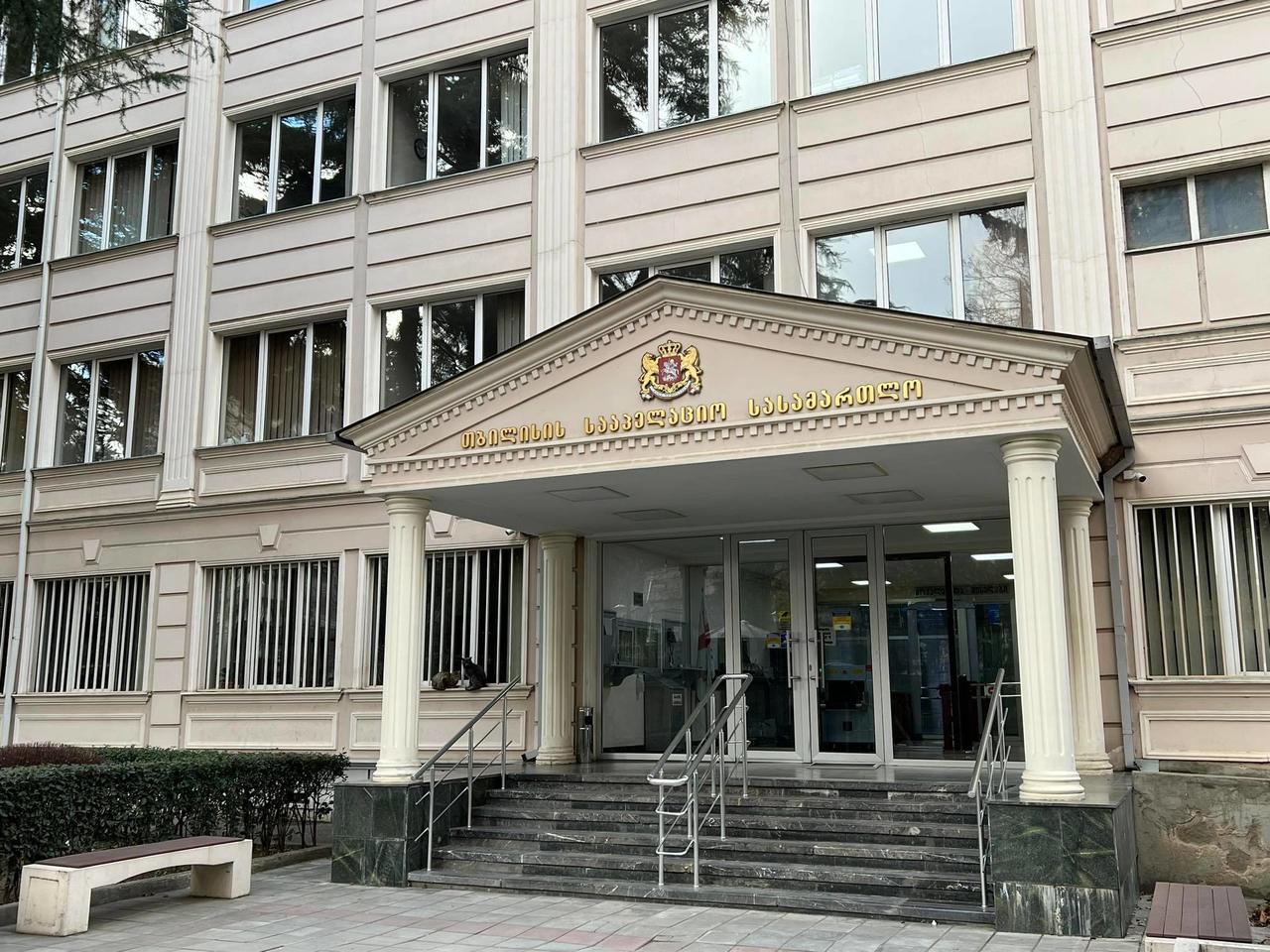
GYLA on justice system reform in Georgia
The “Georgian Young Lawyers’ Association” (GYLA) has presented a report on monitoring the justice system of the High Council of Justice. The report covers the period from January 1 to December 31, 2023. According to the monitoring results, the main problem of the justice system is the so-called “clan rule.”
The report also states that the government has superficially implemented the European Commission’s recommendation for comprehensive justice system reforms, while disciplinary proceedings within the system are being prolonged. According to the organization, this is causing significant issues. Additionally, there is a quota for chairmanship.
Key findings of the report
● The primary problem of the justice system remains the so-called “clan rule.” Parliament appointed non-judge members to the Council of Justice two years late, which instead of promoting pluralism, strengthened an influential group. So far, there have been no debates or disagreements during the meetings.
● The European Commission’s recommendation called for comprehensive justice system reforms; however, all legislative changes developed were superficial and did not address the real problems within the system.
● Despite the backlog of cases in the justice system and the large number of judicial vacancies, the Council of Justice did not announce a competition for first and second instance positions for 2023. The High Council of Justice exercises complete control over the influx of new personnel into the judicial system and their distribution across chambers/panels, which is a key lever for managing the system.
● Another issue is the presence of a quota for chairmanships within the council. During the reporting period, four of the eight elected council members simultaneously chaired a chamber/panel.
● Disciplinary proceedings are still delayed. During the reporting period, the Council of Justice held only one disciplinary meeting. Despite numerous complaints, most of which are related to delays in the administration of justice, the council does not take effective steps to address this problem, which serves as an effective lever of pressure on individual judges in the context of prolonged disciplinary proceedings.
● During the reporting period, the transparency of information significantly deteriorated, and the High Council of Justice became a completely closed body. GYLA did not receive responses to eight requests for public information sent to the High Council of Justice in 2023.
● Issues in the justice system can also be viewed through the lens of corporatism. According to GYLA, while a few years ago the main problem was government control over the judicial system, today this control has shifted within the structure, and influential judges, allied with the government, have fully adapted the justice system and its main body, the High Council of Justice.
● Additionally, the monitoring revealed that the situation with transparency is extremely problematic. Besides not providing answers to requests, the council did not upload meeting minutes to its website or publish decisions made after June 2, 2023. The date and agenda of any meeting were not posted on the site within the timeframes established by law. They were regularly changed/postponed, and items were removed from the agenda.
It is worth noting that on March 11, the Supreme Court issued a statement categorically opposing the procedure for vetting the integrity of judges in Georgia.
The mention of vetting the integrity of individuals appointed to the judiciary is included in the European Commission’s report, which discussed granting Georgia candidate status for EU membership.
The vetting system is a model that assesses the integrity and professionalism of judges, and the vetting commission should be comprised of both foreign and Georgian experts. This requirement is also supported by the Venice Commission.
The ruling party, Georgian Dream, claims that the country’s sovereignty would be threatened by the involvement of foreign partners in this process. According to the leadership, the so-called vetting system is an initiative of the opposition aimed at “undermining Georgia’s sovereignty.”
The chairman of Georgian Dream and former prime minister Irakli Garibashvili responded to a question about the vetting system by saying that the judiciary is currently functioning properly, and the government will not allow anyone to interfere with Georgia’s judicial system.
Garibashvili also stated that Georgia is a leader in the rule of law among Eastern European countries, and therefore opposes “inviting foreign nationals from outside” to enhance the integrity of judges.
GYLA on justice system reform in Georgia


